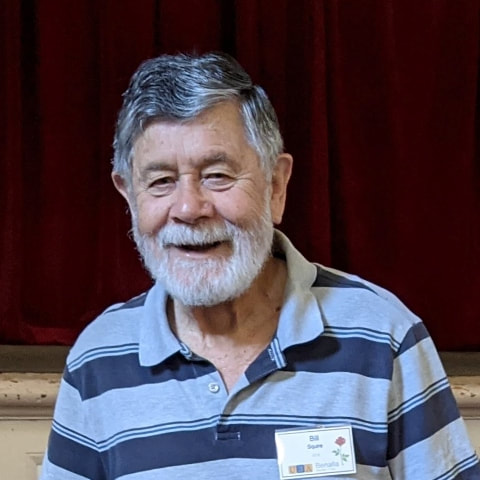We also heard selections from the Czech composer Dvorák. Dvorák is generally considered to be the great composer of Eastern Europe and the selections we heard certainly had an Eastern European sound to it. He was able to bring a folk music influence and a peasant dance sound into his works and the selections we heard were examples of this.
We finished up listening to all 3 movements of Beethoven's Piano Concerto No 4. This is an example of Beethoven's early work and who could not be thrilled by it.
On Mar 9th we began by listening to two pieces of violin music by Karol Lipinski (1790-1861 both titled Three Capriccious. Op 10 and Op 27.
The talented child of a Polish Court musician both Lipinski and his fathers’ careers were cut short by the partition of Poland in 1795 when the court was virtually disbanded. In adolescence Lipiski took up the violin and became a virtuoso to the point where Paganini became an admirer and played his music. Paganini remained an admirer so much so that when he died he left Lipinski one of his violins.
We then listened to all 4 parts of Sibelius Symphony No 2 in D Major. Op 43
Sibelius is considered to be the classic Finish Composer although he became popular in Europe and especially in England. His music has a softly softly feel to it and it is felt promotes Finnish myths and legends and excites Finnish patriotism. The music is melodic with seemingly unresolved chordal structures and incorporates elements of Mahler and Wagner.
At the end of the meeting it was resolved to approach the executive with a request for more equipment
Neville Gibb


